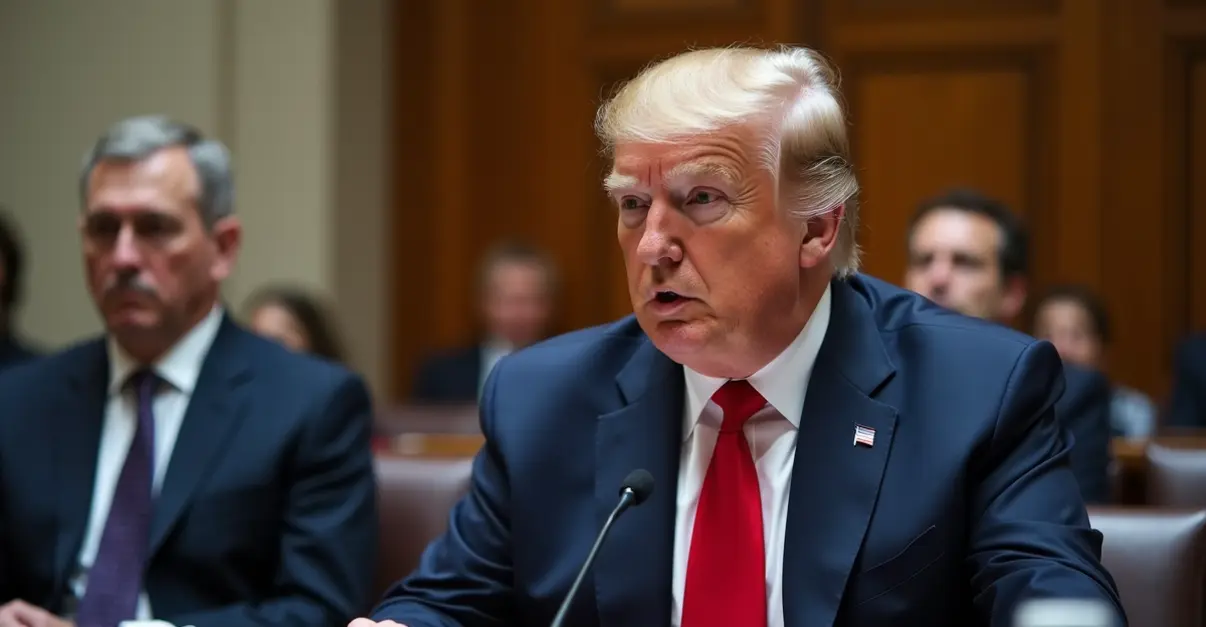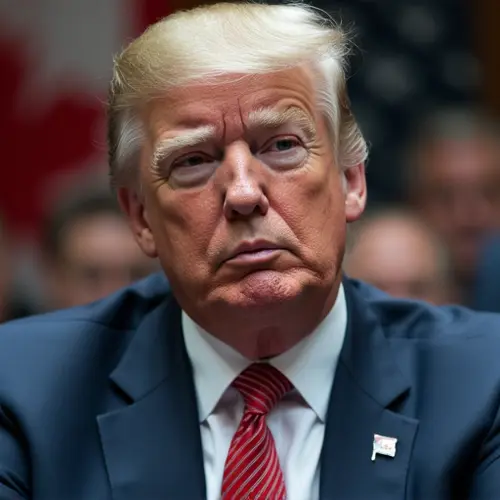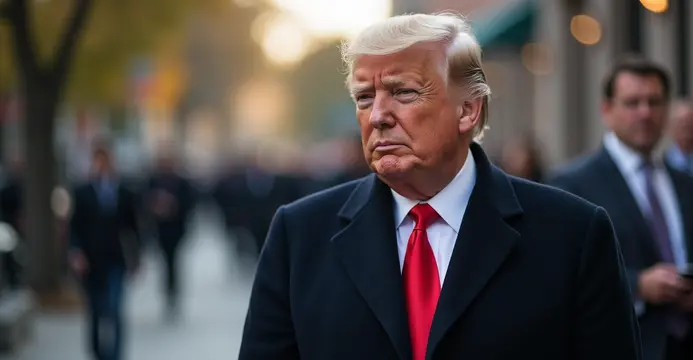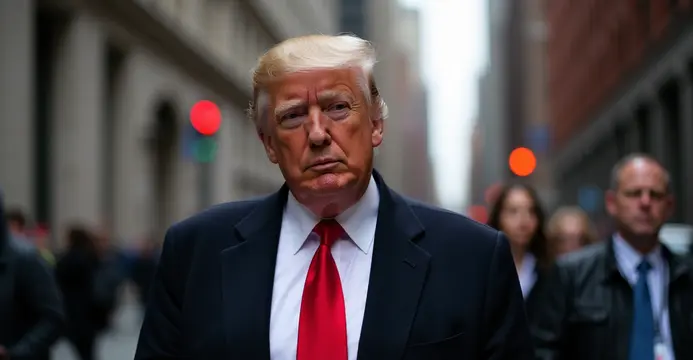
Federal Appeals Court Delivers Major Blow to Trump Trade Policy
A US federal appeals court has ruled that the majority of President Donald Trump's controversial import tariffs are illegal, dealing a significant blow to his aggressive trade policy agenda. The court found that Trump overstepped his presidential authority by imposing widespread tariffs using emergency powers intended for national security threats.
Legal Basis Challenged
The court specifically rejected Trump's use of the International Emergency Economic Powers Act (IEEPA) of 1977 to justify his tariff measures. The 7-4 majority opinion stated that the president acted "in violation of the law" by declaring a national emergency over what he called unfair trade practices threatening US security.
The ruling affects Trump's universal 10% baseline tariff on nearly all imported goods, plus higher "reciprocal" tariffs targeting dozens of trading partners including Canada, Mexico, and China. These measures had pushed the average US tariff rate from 2.5% to over 27% at their peak—the highest level since the Smoot-Hawley Tariff Act of 1930.
Constitutional Separation of Powers
The court emphasized that tariff-setting authority constitutionally belongs to Congress, not the executive branch. "The imposition of import tariffs does not belong to the president, but to Congress," the judges wrote in their decision. This ruling follows earlier decisions from lower courts that had also found the tariffs unlawful but were overturned on procedural grounds.
Economic and Political Implications
The decision creates immediate uncertainty for businesses that have been navigating Trump's complex tariff landscape. While the tariffs remain in effect until October to allow for appeals, the ruling threatens the foundation of Trump's economic and foreign policy approach, which has relied heavily on tariffs as both economic tools and diplomatic leverage.
If ultimately upheld by the Supreme Court, the administration could face requirements to refund hundreds of billions of dollars in tariff revenues collected illegally. The case was brought by five small businesses affected by the import duties, with several other legal challenges still pending.
Trump's Response and Next Steps
President Trump responded angrily on Truth Social, calling the appeals court "very biased" and warning that upholding the decision "will literally destroy the United States of America." The administration has until mid-October to appeal to the Supreme Court, and the tariffs will remain in effect during this period.
This legal setback comes amid ongoing trade tensions with multiple countries and follows the 2025 stock market crash that was partially attributed to trade policy uncertainty. The ruling represents one of the most significant judicial checks on presidential power in recent trade policy history.

 Nederlands
Nederlands English
English Français
Français Deutsch
Deutsch Español
Español Português
Português







